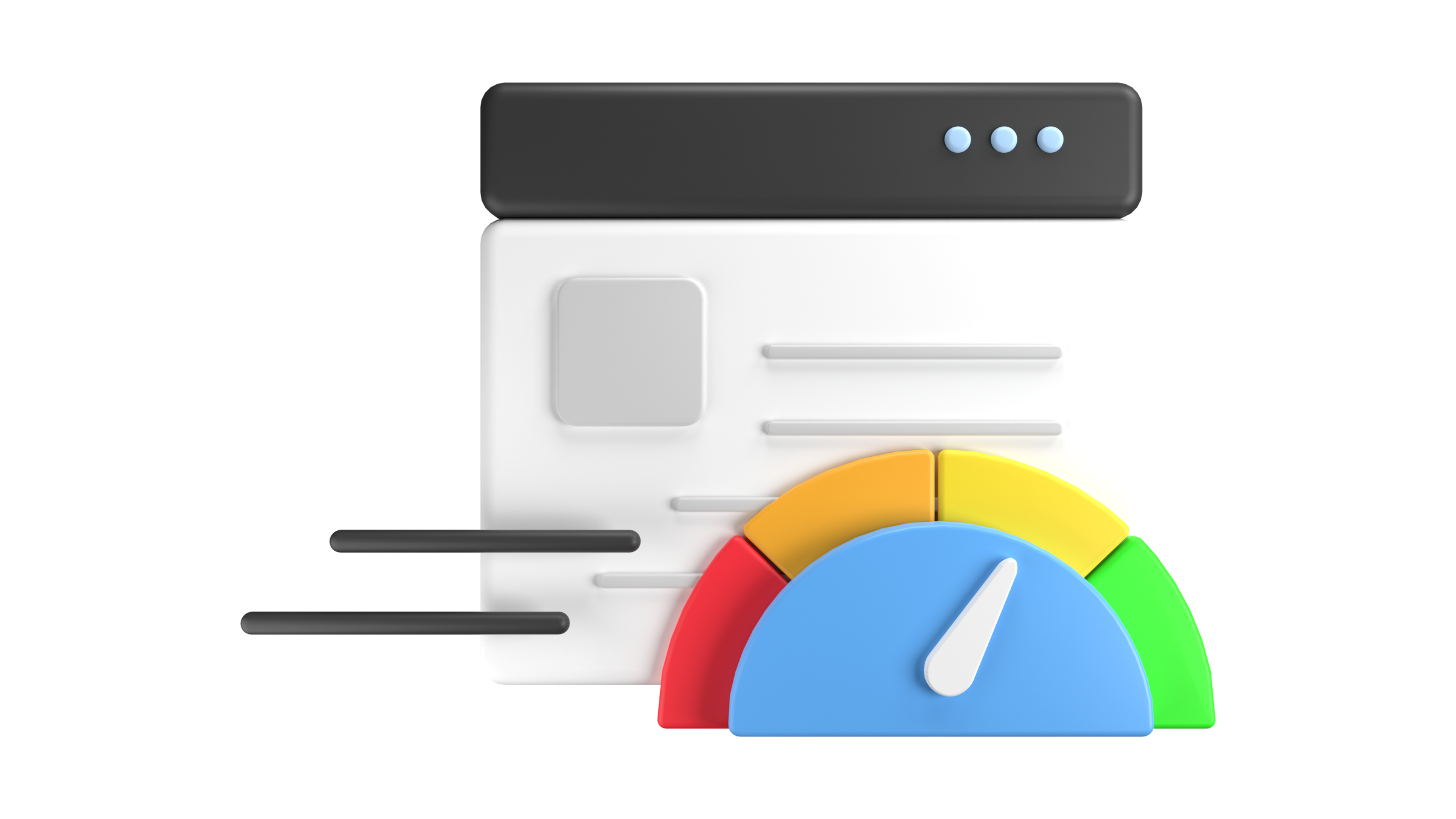Slow & Steady NEVER wins the race.
A slow website will always negatively impact user experience, leading to higher bounce rates, decreased user engagement and conversions, and reduced search engine rankings. It can also create frustration and lower user satisfaction. Which, obviously isn’t good news.
It’s VERY common for clients to pay thousands of pounds for an all-singing, all-dancing website, that on the surface, looks ace, but is never going to reach its full potential due to cutting corners.

Introduction.
A slow website will always negatively impact user experience, leading to higher bounce rates, decreased user engagement and conversions, and reduced search engine rankings. It can also create frustration and lower user satisfaction. Which, obviously isn’t good news.
It’s VERY common for clients to pay thousands of pounds for an all-singing, all-dancing website, that on the surface, looks ace, but is never going to reach its full potential due to cutting corners.

Why a slow website is bad for business?
A slow website can harm you practices bottom line in several ways:
Poor user experience: Slow website speed leads to frustration and higher bounce rates, causing potential customers to leave the site and potentially turn to competitors.
Decreased conversion rates: Long loading times can lead to decreased conversions and lower sales.
Negative impact on SEO: Website speed is a ranking factor for search engines, so a slow website can negatively impact search engine rankings and organic traffic.
Lost opportunities: Slow website speed can result in missed opportunities for engagement, such as form submissions or click-throughs to other pages on the site.
All in all, a slow website can result in reduced user engagement, lower conversion rates, and harm search engine optimization, all of which can negatively impact your practice’s revenue/profit significantly.
What causes a slow website?
The list is pretty much endless. Some are simple fixes, and others require a very advanced technical developer, but they’re all just as important.
Some common factors that contribute to a slow website are:
- Large or unoptimised images
- Uncompressed or unoptimised videos and other media
- Poor website coding and design
- Excessive use of plugins or scripts
- Slow or insufficient web hosting
- High traffic or limited server resources
- Inadequate browser caching
- Outdated software and systems.
The list really does go on…

Are you a statistical individual? If so, you'll love this.
In 2022, the research found the following information to help paint a picture of how damaging slow websites can be.
- 47% of consumers expect a web page to load in 2 seconds or less.
- A 1-second delay in page load time can reduce conversions by 7%.
- 79% of online browsers who experience slow-loading websites are less likely to buy from the same site again.
- 40% of users abandon a website that takes more than 3 seconds to load.
- A fast website can increase user engagement by up to 50%.
Thanks to the fast-paced world we live in nowadays, we are all a lot more impatient – if your site isn’t accommodating the modern-day impatient being, you’re going to get left behind.
Enough doom and gloom - let's take a look at the benefits of a fast website.
We know what makes a website slow, we know why it’s bad for business, so let’s finish on why we all need a lightening fast website in 2023.
- Improved user experience
- Increased user engagement and conversions
- Reduced bounce rates
- Improved search engine rankings
- Increased user satisfaction
- Better accessibility for users with slow internet speeds
- Improved credibility and professional image.
You’ll notice a lot of buzzwords above such as ‘Improved’ and ‘Increased’. That’s because, unbelievably, 1 or 2 seconds really can do both of these things to your practice’s turnover and bottom line.

A summary on how a few seconds can inject a new lease of life into your dental practice.
If you want to test how fast your websites loading speed is, you can either log into your ‘Google Search Console’ and navigate to ‘Page Speed Insights’ or, visit a website called gtmetrix.com
It will rate your website From A* – F, just like in school. Anything less than an A is not good enough for Google, or your users – so it needs addressing.
At Evolve, we ensure every website passes the Google page speed test before handover, to ensure you never fall victim to loss of traffic, or worse yet, loss of business!

